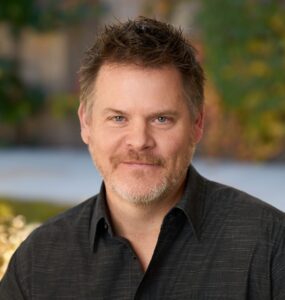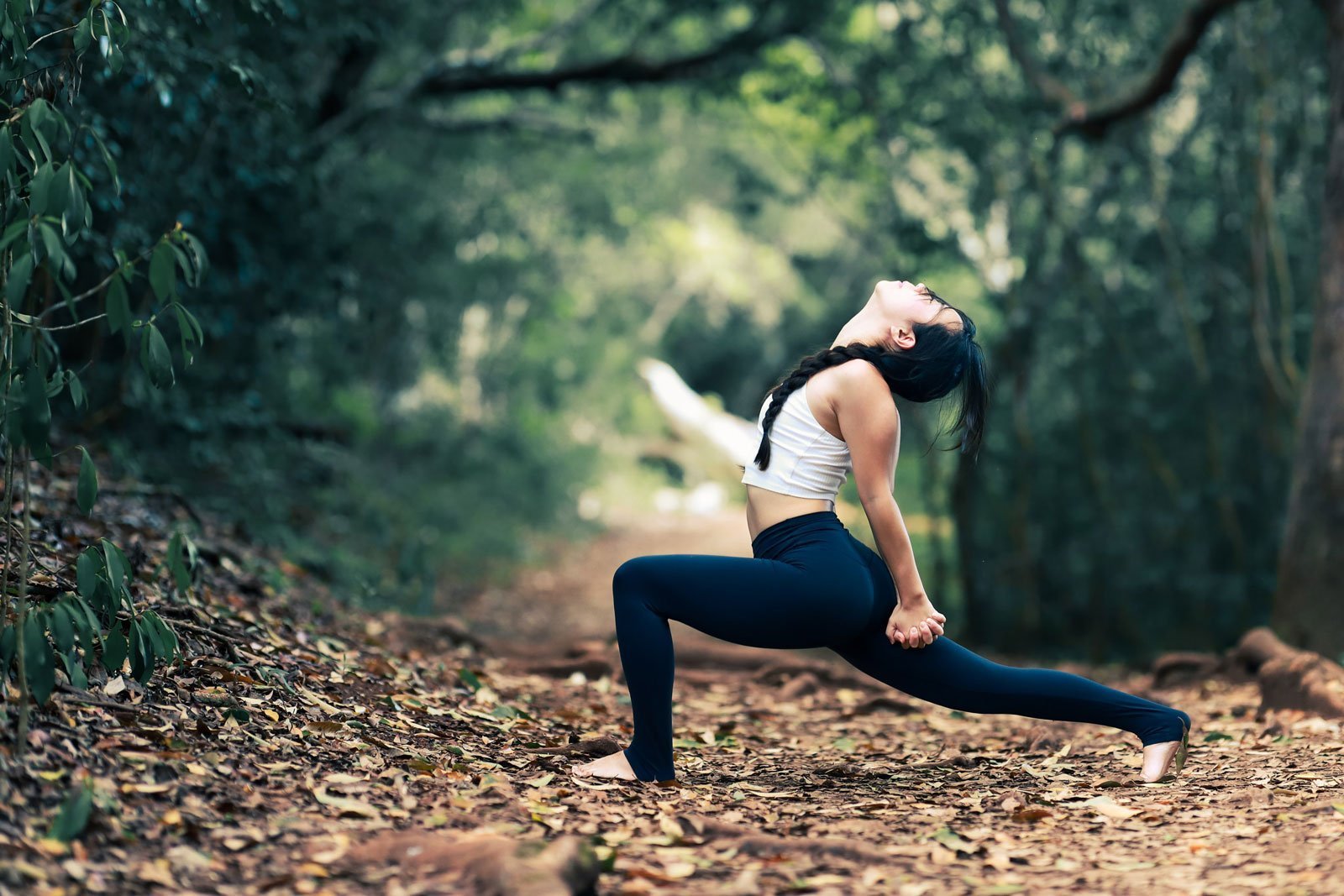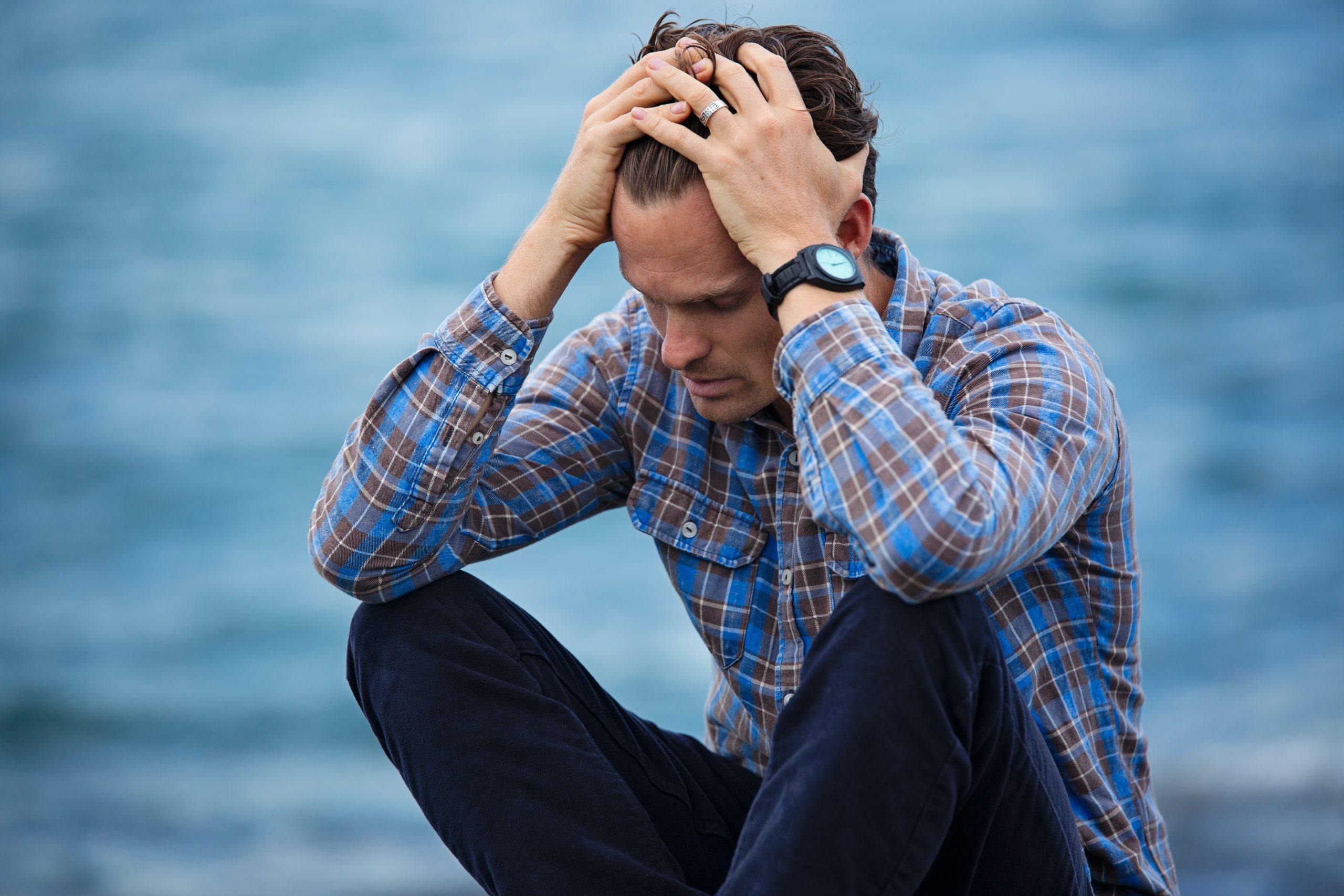Depression is an illness that goes beyond the mind. It also affects the body. We all get depressed from time to time. It’s a very normal, natural, and important aspect of being human. We’ve gotten stuck in the paradigm of depression being a medical condition that needs to be treated. We focus so much on getting rid of it. In doing so, we miss out on depression’s important message.
When depression visits, it’s telling us that there is either something important missing from our lives, or there is something in our lives we no longer need. The trick is to slow down enough to really listen, and then to take action.
Symptoms of Depression
Depression will have an effect on the body whether there are more traditional depression symptoms or symptoms of seasonal depression. Depression gives us a persistent feeling of tiredness, sadness, and emptiness. When we experience depression, we might not want to do any of the things we once loved and we might find getting out of bed in the morning difficult. We might lose sleep, eat more or less, find an overwhelming sense of energy or lose energy, or may feel particularly down on ourselves (low self-confidence and low self-esteem).
When we work to counteract depression, we have to take the physical body into account. We cannot only focus on the mind. Depression is common with more than 26% of adults experiencing depression in any given year. Depression can increase your risk of a heart attack, constrict your blood vessels, lead to weight changes, increase your sensitivity to pain, create headaches and difficulty concentrating, and make it difficult to get deep sleep. These symptoms of depression appear differently in people and can occur without an underlying reason. Anxiety can also occur with depression in many people.
Seasonal Depression
Seasonal depression is something that occurs when the seasons change and the sunlight is less visible throughout the day. When we experience less sunlight during the day, it can have a depressing effect on many people. This type of depression is more clear-cut than typical depression because it has an underlying reason.
If you are experiencing seasonal depression, you may experience hopelessness, social withdrawal, and extreme tiredness. Treatment includes talk therapy and medications as well as light therapy. This type of depression responds well to treatment because the underlying reason can be mitigated with light therapy and medication.
Depression symptoms in women and men are similar. If you notice depression symptoms in yourself or in a loved one, finding a therapist to talk to and share your feelings with can help. Each individual has a different experience with depression and there is no one-size-fits-all paradigm. We connect with people on a deep and personal level to find the way back to a happier place.










